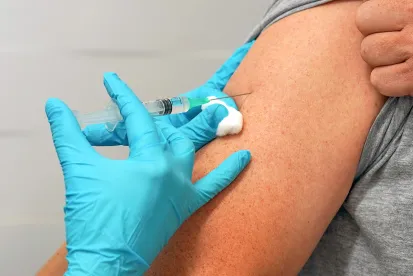Should I Consent to My Ward/Loved One Getting Vaccinated?
Remember that you are obligated to consult your ward and apply the substituted judgment standard; that means making the decision based on their previously expressed wishes and values, not what you or their physician thinks is best for them. If your ward is capable of being involved in the decision-making process, then you must consult them and give them a simple plain language explanation of the risks and benefits. If you do not know your ward’s wishes regarding vaccines, you should consider their values and thoughts on medical intervention generally. You should weigh the risks and benefits of vaccination in light of your ward’s values and their personal situation.
Facilities cannot force you to consent to vaccination, but if you refuse, your loved one may be subject to continued isolation or perhaps even transfer. If you believe that your ward’s rights are not being protected, you may contact the Long-Term Care Ombudsman or the state Department of Health.
Be Aware of COVID-19 Vaccine-Related Scams
There is no charge for the COVID-19 vaccine, and you cannot pay to move your loved one up in priority. Any such request for money is likely a scam, and you should contact the Department of Consumer Affairs or the Adult Protective Services.
What Else Should I Consider as a Guardian?
Even though many long-term care residents are beginning to be vaccinated, immunity is not immediate. Therefore, you should continue to follow safety protocols until your loved one is fully protected after the second dose. Ask the health care provider when it is safe to visit or take your loved one out. Also, it is not clear whether a vaccinated individual can still infect others, so protect your own health with appropriate safety measures.




 />i
/>i

